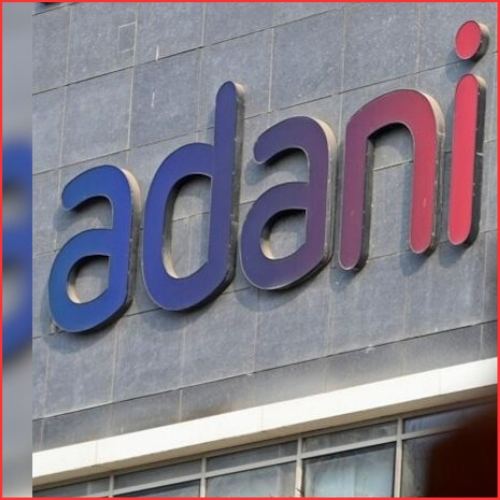Multi-billion-dollar investments by global tech giants, Reliance is poised to compete in the huge e-commerce marketplace alongside Amazon and Walmart.
Although JioMart has only been in the industry for a few years, it already has a huge share of the Indian electronics market. In order to tempt more middle-class consumers into their grocery business, Jio Mart sometimes offers more discounts than the landing page price.
The margin is about 5%, but Jiomart is providing a markdown of at least 10-15% even below the acceptable allotment margin, which vandalizes the ecosystem.
The company desires to make the platform advantageous for almost all trades.
Inventory has already grown from 30,000 items last year to 2.5 million items this holiday season, and there are about 16,000 third-party sellers. JioMart’s third-party sellers already account for more than 15% of its business, and less than 10% of third-party sellers, which are not preferred in a competitive marketplace.
“E-commerce discounting has already come down after the pandemic, though on special days some platforms continue to indulge in deep discounting on a few categories like mobile phones and electronics. However, JioMart will completely stay away from such a practice with prices and offers similar to what is on offer in Reliance stores or at third-party sellers. JioMart will be an omnichannel extension,” said one of the executives.
“The economies of scale will further go up with JioMart. But nothing will be sold below cost price unlike what some rivals continue to do,” he said.
Reliance Retail already has more than 16,000 stores, selling most of its products at competitive prices due to the size of the supply and minimal operating costs.















